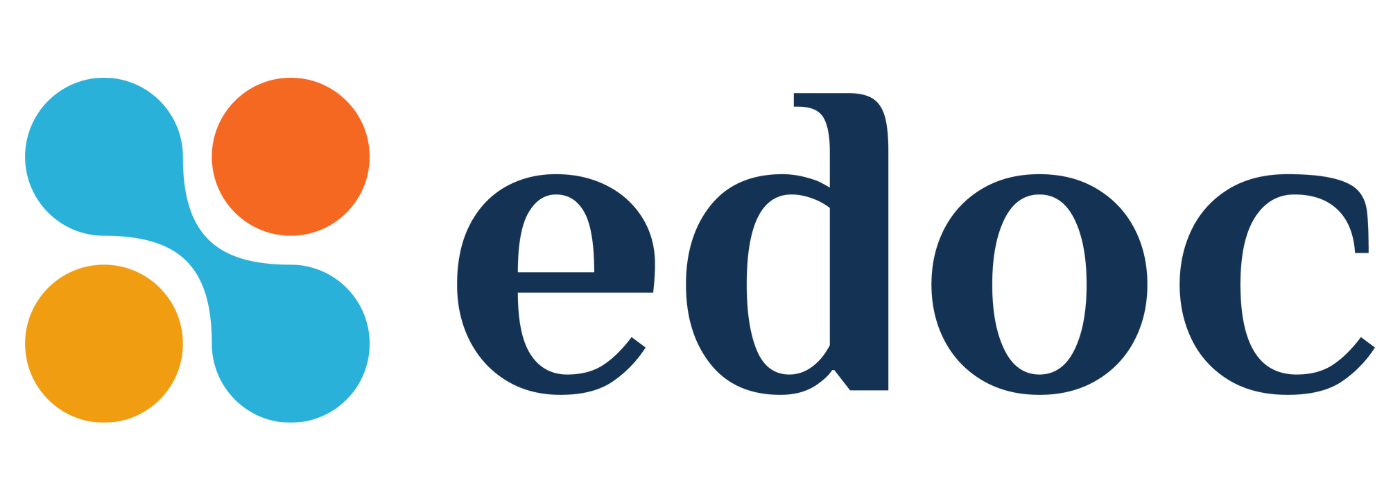Are You Chained to Your Work? And Other Thought-Provoking Questions the Small Giants Summit Left Me Asking
Jason Fried, co-founder and CEO of Basecamp, competes in one of the most competitive industries in the world.
It’s an industry—as pointed out on their website, that is “dominated by giants and frequent upstarts backed by hundreds of millions of dollars in VC money.”
But Jason—and Basecamp—remain different. They’ve taken zero dollars in VC money, for example.
“Where does our money come from? Our customers. They buy what we’re selling and we treat them exceptionally well. Call us old fashioned.”
Actually, you can call them modern. Thoughtful. Purpose-driven. Sustainable. And Calm.
Jason Fried was interviewed about some of his management philosophies by Bo Burlingham at this year’s Small Giants Summit held once again in Detroit, Michigan.
Jason’s main assertion was about why and how you can operate a calm company—one that chooses sustainable practices that can run for the long-term.
This is contrary to so many businesses today that operate in a culture of chaos, growth-at-all-costs, ego-driven decision-making. Fueled by stress and pressure, “calm” is entirely foreign to so many businesses today.
Catch up on two of the major lessons I took away from the Q&A session with Jason here. Then, consider asking yourself these questions that Jason indirectly lifted up at the Summit.
Are you chained to your work?
Many people are working longer hours, getting less rest, and yet at the same time getting less and less work done during the 9-5 hours.
This excessive, “hustle” mentality and endless busyness is glorified, but at what cost? And when does it stop?
In an age where constant, real-time, 24/7 communication is becoming the norm, people are increasingly becoming chained to their work…and that’s even true of remote workers, in some cases.
It’s worth asking whether or not you are chained to your work today.
ASAP requests, 24/7 communication, and constant chaos isn’t necessarily a healthy state. (Keep reading part one here for more on the opposite kind of a culture: one that’s calm, reasonable, and focused on sustainable practices that can thrive in the long-term.)
Come back for more in the series.
